Google Ads, whether you prefer Search, Display, YouTube, or Performance Max, are a way to get quick results for your company as you look to expand leads for your sales team.
There are tons of resources available for Google Ads and paid advertising. We will show you the best practices to set your campaign up for success. Look at our guide for Google Ads best practices as you attempt to improve your visibility to potential customers.
Structuring Your Google Ads Account
Setting up the account the right way the first time is the key to success from the moment you make your Google Ads campaign live.
- Determine what type of campaign you want to run among Search, Display, Shopping (for e-commerce), YouTube, and/or Performance Max
- Gather the assets you want to include in your ads, including images and videos.
- Decide geotargeting based on location, the time you want the ads to run, the budget, and your target audience.
- Decide how to structure your campaign based on your services, locations, website pages, or products, among other ways to set up a campaign.
- Gather, sort, and organize your keywords into specific ad groups based on relevancy, purchase intent, and the landing page you point the ads to.
Set Up Your Overall Campaign
Add as many assets to the campaign as possible, such as ad extensions, phone number, headlines, descriptions, callouts, and snippets. Adding these assets will improve your ad score to Good or Excellent. Getting your score as high as you can ensures the ads appear more often. All of these items can help your target audience determine if your campaign is relevant.
When you optimize headlines, don’t fill them with keywords. For example, you’re a coffee shop owner. You want to sell more of one menu item, and it’s on sale for a week. One headline can say “Vanilla Latte”, while others could say “20% Off”, “This Week Only”, and “Springfield” to try to get more people in the door at your Springfield location.
Consider long-tail keywords instead of short ones. Rather than bidding on popular keywords like “coffee” or “scones”, add flavors like “blueberry scone” or “mint vanilla coffee”. Less-popular keywords might cost you less as you bid against other coffee shops.
Keyword Match Types
There are three match types for your keywords: Broad, Phrase, and Exact. Broad Match encompasses keywords and other phrases like them that might show up in a Google search. Phrase Match tells Google to expand on an exact term when people add to it. Exact Match means someone needs to search for a precise term to get the ad to appear.
Examples of Match Types
Broad Match: You input the keyword “bicycles”, and then Google uses its algorithm to make the ad appear in searches for “cycles”, “mountain bike”, and “kid’s bike”.
Phrase Match: You put in the keyword “tennis shoes”, and then the search includes any phrase with those two words in it. Think “men’s tennis shoes”, “red tennis shoes” and “tennis shoes reebok”. But the ad won’t show for the term “sneakers”.
Exact Match: Your ad only shows up when someone puts precise words in a search. For instance, you want your ad to show up for the term “size 5 red shoes”. The ad will not show up for someone searching for “red shoes” or “size 5” or “red shoes size 5”.
There are good points and not-so-good points for each match type. Broad Match lets Google know you want to appear in as many searches as possible, but it can exhaust your budget more quickly. Broad Match keywords allow you to find audience members you didn’t know you had. However, it gives Google much more control over your campaign, and budgets can get out of hand quickly.
Phrase and Exact Match keywords give you more control over when your ads appear. They are more cost-effective but can limit your scope and take longer to set up. You might consider starting with a broad match campaign for a few weeks and then tighten the reins when you see what keywords perform the best.
In a future blog, we’ll go over best practices for optimizing your Google Ads campaign.
Reach Out to Google Ads Experts
Having an expert partner at your side can help your Google Ads campaigns run more effectively from Day One. Contact us or call (417) 799-2233 for a consultation.





